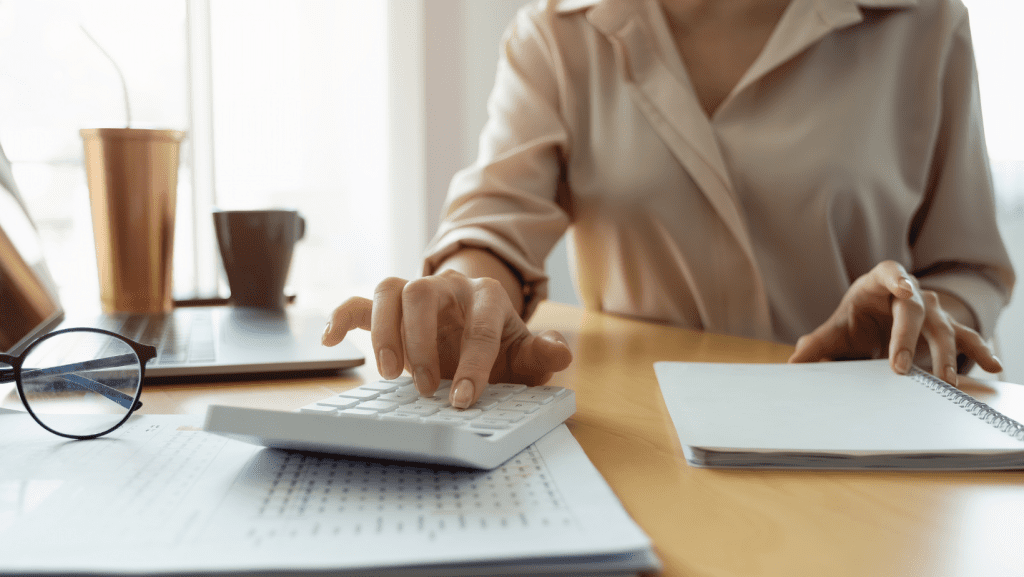


Freelancer or self-employed and baffled by payments on account for self-assessment? Don’t sweat it—we’ve got you covered. This guide breaks down everything you need to know to master payment on account.
Navigating taxes can feel overwhelmingxml_error_string, but once you understand how the system works, you’ll be in control. We’re here to help you through it, from calculating your payments to understanding deadlines and avoiding pitfalls. Let’s make sure tax season doesn’t catch you off guard.
Payment on account is the UK’s way of getting self-employed folks and freelancers to chip away at their tax bill in advance. Instead of paying one giant sum at the end of the tax year, you spread out the pain with two installments—one in January, the other in July. The idea is simple: pay half of what you owed last year, in two chunks.
This system keeps the government’s coffers happy while helping you avoid a surprise tax bill later. It also prevents your bank account from taking a massive hit all at once.
Each year, you pay two installments based on what you owed the previous year. First half’s due by January 31st, the second by July 31st. Simple, right?
For example, if last year you owed £10,000, you’ll make two payments of £5,000 each. These payments cover your upcoming year’s tax, so when it’s time to file your return, you’ll already have a head start. If your income changes, you can adjust those payments—but more on that later.
Your payment on account is simply 50% of what you owed last year. If you owed £12,000, you’ll pay £6,000 in two installments of £3,000 each.
Important: These calculations are based on the previous year’s liability, not what you expect to earn this year. So if your income dropped (or soared), you might need to adjust. Keep track of your expenses, and stay in touch with HMRC.
Deadlines matter. Miss them, and HMRC will hit you with penalties. Here’s what to remember:
Don’t confuse these with your tax return deadline (also January 31st). Mark your calendar, set a reminder, and make sure your payments go through. Falling behind only leads to unnecessary stress and costs you extra.
If your earnings dropped like a stone compared to last year, you don’t have to pay the full amount on account. You can ask HMRC to reduce it. It’s simple—show them proof (lower income, fewer profits, etc.) and they’ll adjust your payments. Just remember: reducing payments now doesn’t get you out of taxes, it just spreads out your burden.
Contact HMRC as soon as you realize things have changed—it could save you from overpaying.
Even with the best intentions, mistakes happen. Here are some to avoid:
Want to make tax season painless? Here’s how:
Mastering payment on account doesn’t have to be a headache. By staying organised, planning ahead, and communicating with HMRC, you can take control of your self-assessment tax and avoid nasty surprises. Master this system now, and tax season won’t just be bearable—it’ll be stress-free.
Want help with your taxes? Get in touch with RRDigitax for expert advice and support. And for a limited time, new clients get 3 months of free service! Don’t wait—reach out today and make your tax season a breeze.
Discuss your business and accountancy needs in detail with our friendly team with absolutely no obligation. Call our friendly team on 0333 772 3533 or
Extremely informative and supportive. Addressed all my questions regarding account reviews.



Dhm By Isang Ltd
I am very pleased with RRDigitax's services. They provide excellent support with payroll, tax returns, VAT, and more. Account Plus consistently delivers, and it's a company with great guidance. I highly recommend them to anyone facing accounting challenges. Be sure to reach out to them!



Manuel Pedro Da Costa
I have relied on Ali as my accountant for many years, and he consistently provides excellent advice and prompt service. He has also assisted my daughter in becoming a sole trader and manages her accounts.



Alan Shaw
Outstanding, dependable, and professional service!



Wendy Denny
Fantastic service! Faisal and the team provide truly tailored support. I thoroughly enjoy working with RRDigitax.



Jas Rai